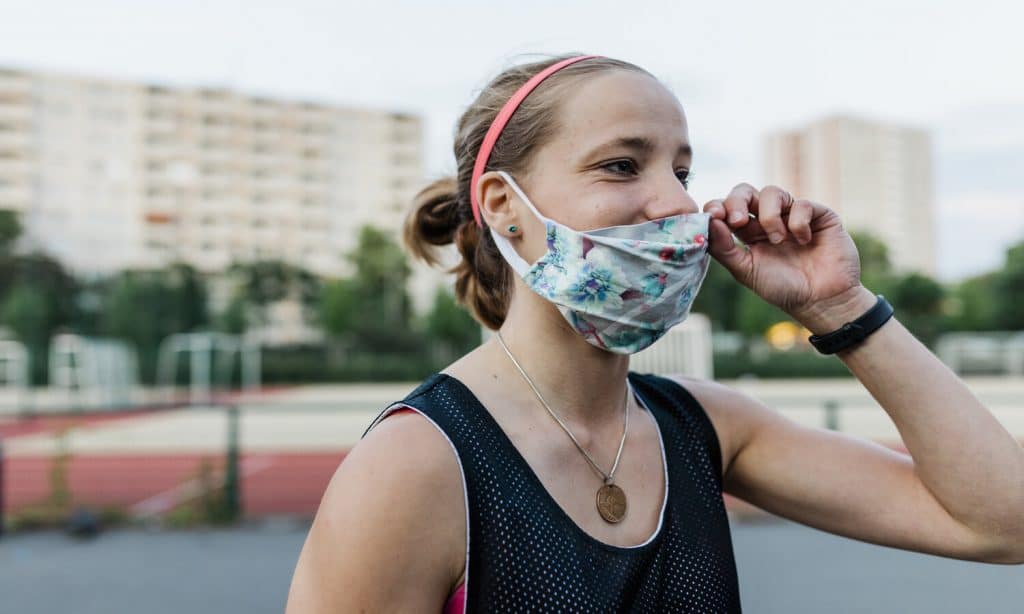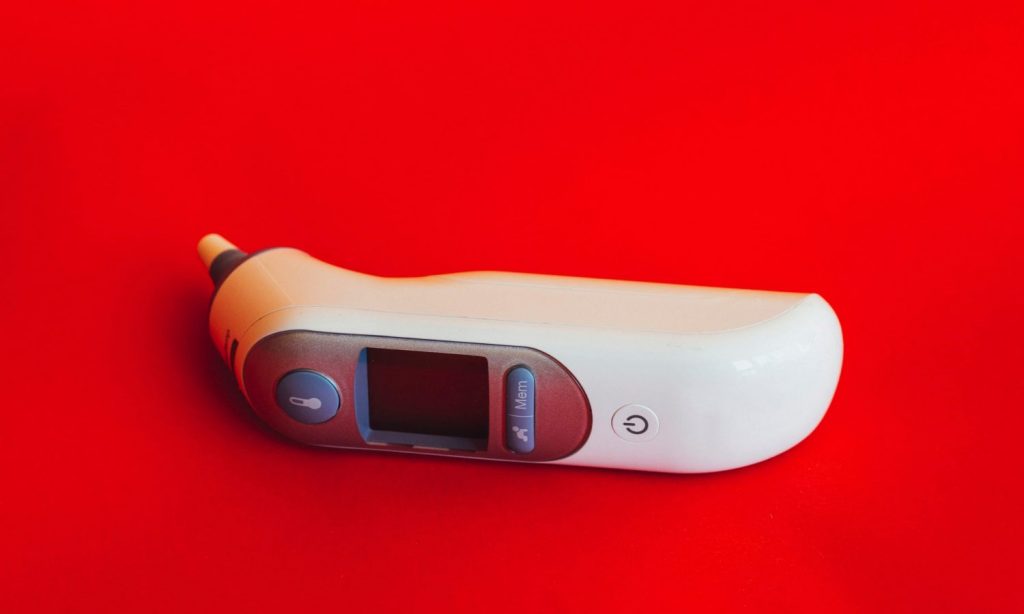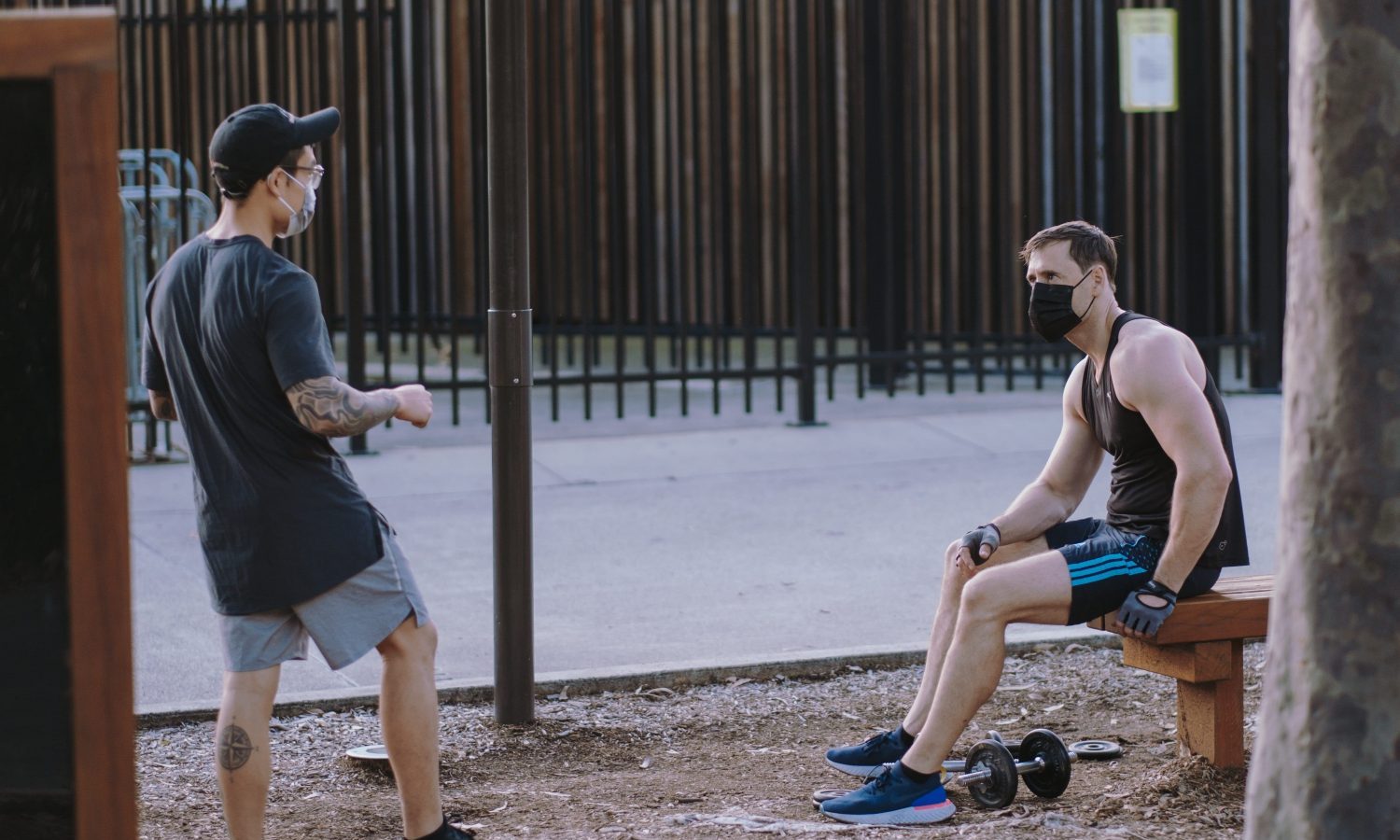The World Health Organization has debunked some of the most common COVID-19 myths. Here are some of the most popular ones.
COVID-19 is a new disease, meaning that each month we’re getting more information on how the virus is evolving and how to continue to stay safe.
Not only is the virus continuing to spread, so is misinformation surrounding it. While some of it is based on facts and science, a lot of it is just plain wrong, and it’s important to correct it.
The World Health Organization has correcting some of the most popular myths regarding the coronavirus. Here are 5 of the most popular ones:
“Vitamins and minerals can cure the virus”
While it’s nice that people try to protect themselves by strengthening their immunity, no matter how many Vitamin C supplements they take, these supplements won’t be able to treat COVID-19. You should also try to keep your immune system healthy by working out regularly, sleeping for a minimum of 8 hours every night and practicing healthy eating habits. Supplements can help at times, but they should be at the bottom of your priority list.
“People should wear masks while exercising”

RELATED: COVID Is Causing A Mental Health Crisis Among College Students
According to the WHO, working out with face masks is not advised since it can make it more difficult for you to breathe and might result in other issues, especially if the cloth mask gets sweaty and heavy. The WHO recommends keeping 6 feet of distance between yourself and others if you choose to workout outside.
While the WHO advises against wearing masks in these scenarios, it’s still important for people to keep their distance or, if unable, wear the appropriate face masks for workouts, those that allow users to breathe freely and that don’t absorb sweat.
“Shoes can spread COVID”
It’s very unlikely for shoes to spread the virus around, even if that remains a significant source of fear for some people. The WHO advises, as a precautionary measure for households with kids and children, to leave your shoes outside and to walk around homes in socks or barefoot.
“Thermal scanners can detect COVID”

RELATED: Cleaning Videos Are So Hot Right Now — Here’s Why
While you’re not the only one who feels safer when their temperature is taken before entering a building, thermal scanners and thermometers are unable to say if someone has COVID or not. They can only tell if someone has a fever, which can be caused by many different illnesses, including COVID.
“Holding your breath for over 10 seconds means you don’t have COVID”
When the pandemic first started, one of the most pervasive myths was that if you could hold your breath for 10 seconds, your lungs were healthy and you were COVID-19 free. The most common symptoms of COVID are fever, dry coughs, and fatigue. And the one way to be sure you have it is to get a COVID test.


